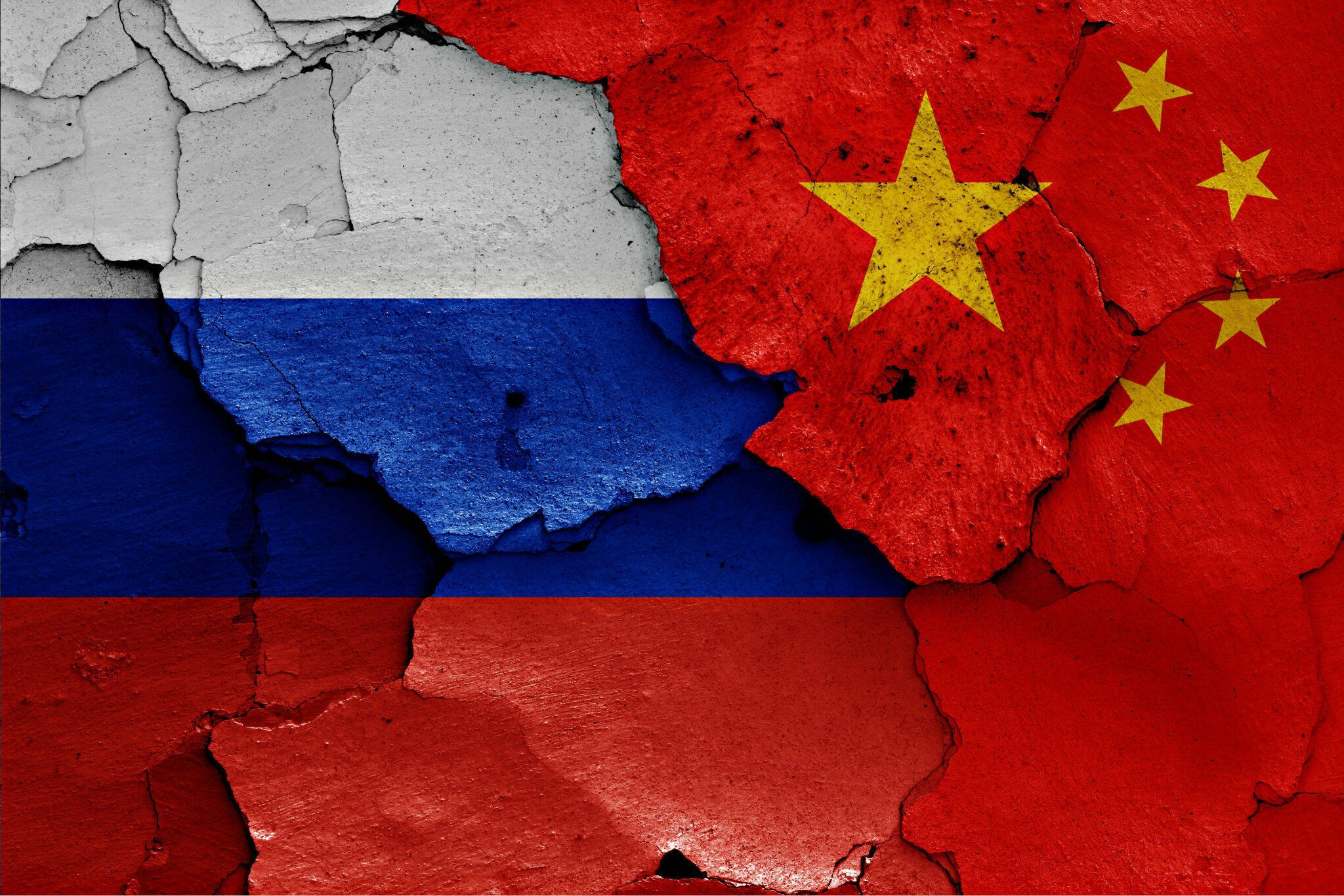China Reportedly Bars Export Of Homebrew Loongson Chips To Russia – And Everywhere Else

China has reportedly banned the export of chips that use the locally-designed Loongson architecture.
A story in Russian business publication Коммерсантъ (Kommersant) cites sources at the Ministry of Digital Development as having said Beijing won't let military-grade Loongson kit cross the border to Russia, or any other nation.
Beijing's reason is that the chips have defense applications and are therefore too sensitive to be allowed to leave the Middle Kingdom.
As The Register recently reported, Loongson silicon is set to match the performance of kit from Intel and AMD. Russian chipmakers produce nothing of comparable power.
If the report is correct, it therefore matters – for a couple of reasons.
One is that early February 2022, Russia and China declared a partnership with "no limits" in the face of international pressure over the former's illegal invasion of Ukraine. If Beijing won't let local chip tech reach Moscow, clearly the partnership does have limits.
The other is that sanctions imposed on Russia since the illegal invasion of Ukraine mean it is barred from buying silicon from the likes of AMD and Intel. Vladimir Putin is fond of cyber offensives, has imposed strict online censorship at home, and needs to build more kinetic weapons to replace those destroyed in Ukraine. Just where Moscow will get the silicon to do all that – or how it will preserve the working life of its current kit – is not known. Increased efforts to secure silicon from gray or black markets seem likely.
- Seven smuggled US military tech for Moscow, say Feds
- Pakistan considers ten-year tax holiday for freelance techies
- Chinese Loongson chips coming in 2023, on par with 2020 x86 kit
- Yandex plans to break up with its Russian motherland
Moscow has also seen plenty of tech workers leave the country since the invasion of Ukraine. Savvy techies have realized that global skills shortages mean they are likely to get work outside Russia, with higher salaries and not living under an authoritarian who might draft them into the military among the many perks some feel are worth pursuing.
It appears some local IT outfits have therefore turned to using remote workers in other nations.
Russia's Ministry of Digital Development on Thursday opposed a proposal to ban remote offshore workers outright, on grounds that doing so could harm local businesses' competitiveness. Russia, the Department argued, needs to compete for global talent just like any other nation as its entrepreneurs strive to build digital solutions.
The Department did, however, advise that great care is needed to assess the risk of using offshore staff to work on critical applications and infosec infrastructure. And it supports a ban on offshore workers having anything to do with government systems. ®
From Chip War To Cloud War: The Next Frontier In Global Tech Competition
The global chip war, characterized by intense competition among nations and corporations for supremacy in semiconductor ... Read more
The High Stakes Of Tech Regulation: Security Risks And Market Dynamics
The influence of tech giants in the global economy continues to grow, raising crucial questions about how to balance sec... Read more
The Tyranny Of Instagram Interiors: Why It's Time To Break Free From Algorithm-Driven Aesthetics
Instagram has become a dominant force in shaping interior design trends, offering a seemingly endless stream of inspirat... Read more
The Data Crunch In AI: Strategies For Sustainability
Exploring solutions to the imminent exhaustion of internet data for AI training.As the artificial intelligence (AI) indu... Read more
Google Abandons Four-Year Effort To Remove Cookies From Chrome Browser
After four years of dedicated effort, Google has decided to abandon its plan to remove third-party cookies from its Chro... Read more
LinkedIn Embraces AI And Gamification To Drive User Engagement And Revenue
In an effort to tackle slowing revenue growth and enhance user engagement, LinkedIn is turning to artificial intelligenc... Read more

